Through Mordor to the Unreal City: A National Poetry Month Post

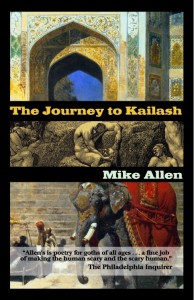 Today, for a little while, I remove my monster mask (sort of) and don my Purple Hat of Poetry.
Today, for a little while, I remove my monster mask (sort of) and don my Purple Hat of Poetry.
Over at my new homepage, I’ve been sharing some of my poetry stock in honor of National Poetry Month. I started with a poem of mine called “Phase Shift,” that’s half upside down, and recently paired with an awesome space vortex illustration.
Now, because I can, I’m taking a series of poems gathered in my 2008 collection The Journey to Kailash and I’m running them, with accompanying audio readings, one a day on my new WordPress blog until the end of the month.
The Enchantress of the Black Gate, on learning I was doing this, asked me to write a blog entry on Poetry and Fantasy.
“Wow, that’s an immense topic,” I replied.

“Write it about your own relationship to it,” she said.
Okay, that I can do.
True statement: I discovered poetry through heroic fantasy.
I had no idea at the time, of course, what a curious path this would lead me down.
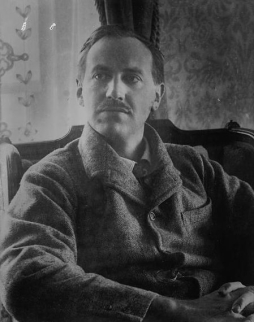 Lord Dunsany’s short story “The Fortress Unvanquishable, Save for Sacnoth” has been called the first sword-and-sorcery story ever written. That attribution has been
Lord Dunsany’s short story “The Fortress Unvanquishable, Save for Sacnoth” has been called the first sword-and-sorcery story ever written. That attribution has been 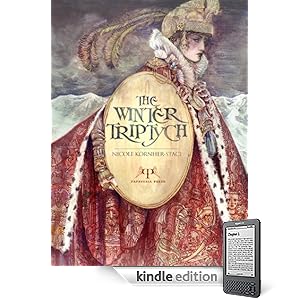

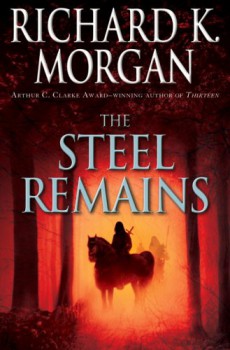 That foul smell in the air? There’s something rotten in the realm of fantasy fiction, and its name is realism.
That foul smell in the air? There’s something rotten in the realm of fantasy fiction, and its name is realism.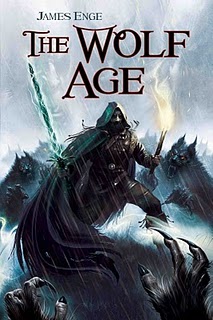 No sooner does our man James Enge — World Fantasy Award-nominated author, Black Gate blogger, and international man of mystery — appear on the scene with his third novel
No sooner does our man James Enge — World Fantasy Award-nominated author, Black Gate blogger, and international man of mystery — appear on the scene with his third novel 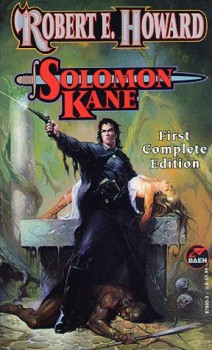
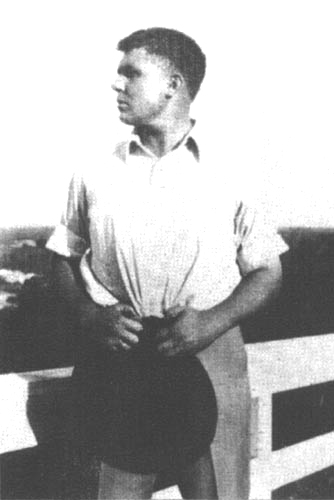
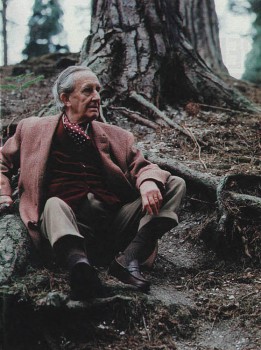 Not to beat the subject, like Fingon, to death, but neither writer is trod into the mire by a comparison to the other. The shortest distance between these two towers is the straight line they draw and defend against the dulling of our sense of wonder, the deadening of our sense of loss, and the slow death of imagination denied.
Not to beat the subject, like Fingon, to death, but neither writer is trod into the mire by a comparison to the other. The shortest distance between these two towers is the straight line they draw and defend against the dulling of our sense of wonder, the deadening of our sense of loss, and the slow death of imagination denied.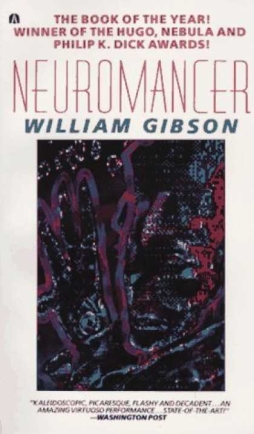 The first days of a year always have a feel, to me, of science fiction; of a piece of the future made real. You’re looking at a new date everywhere you turn. The name of the year is not the old name. You find yourself living inside something whose coming you have been awaiting, a future now present. But typically this strangeness doesn’t last long; sooner or later the human tendency to adapt makes a new normal, and life as it has been reasserts itself.
The first days of a year always have a feel, to me, of science fiction; of a piece of the future made real. You’re looking at a new date everywhere you turn. The name of the year is not the old name. You find yourself living inside something whose coming you have been awaiting, a future now present. But typically this strangeness doesn’t last long; sooner or later the human tendency to adapt makes a new normal, and life as it has been reasserts itself.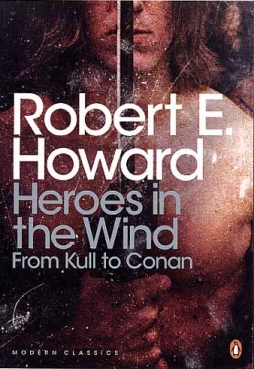 Another year’s drawing to a close, and with it the first full decade of the twenty-first century. It’s a time for looking back, for thinking over what’s happened and what’s going on, in fantasy fiction and elsewhere. I don’t pretend to be in a position to make any worthwhile assessment of fantasy as a whole; but I do want to write about a change that seems to be in process right now. I think it’s a positive change, and potentially a radical one. And I can remember the moment I realised it was happening.
Another year’s drawing to a close, and with it the first full decade of the twenty-first century. It’s a time for looking back, for thinking over what’s happened and what’s going on, in fantasy fiction and elsewhere. I don’t pretend to be in a position to make any worthwhile assessment of fantasy as a whole; but I do want to write about a change that seems to be in process right now. I think it’s a positive change, and potentially a radical one. And I can remember the moment I realised it was happening.